Great potential for energy transition
Recently, the French Development Agency has provided 67 million USD for the construction of two new 500kV transformer stations and transmission lines. These projects aim to improve operational efficiency, meet essential infrastructure needs to sustain economic growth and promote the energy transition in Vietnam. This is the first project to be realized after Vietnam joined the Partnership for a Just Energy Transition.
However, many experts assess that the ability to transition energy in Vietnam remains a challenge due to the lack of long-term incentive mechanisms, lack of integrated land-electricity-grid planning, and infrastructure that has not kept up with the pace of development.
One of the biggest barriers to the energy transition in Vietnam is the lack of completeness and stability of the policy framework. To date, despite the promulgation of the revised Power Plan VIII and international commitments on net zero emissions, there is still no legal basis for renewable energy or energy transition laws. This leads to fragmented policies, lack of high legal binding, and difficulty in consistent implementation between the central and local levels. The electricity price mechanism after the FIT has not been issued in a timely manner, causing investors to lose confidence and delay many projects.
According to Associate Professor Dr. Dang Tran Tho - Director of the Institute of Energy Technology ( Hanoi University of Science and Technology), energy transition is a process that consumes a lot of financial resources, but capital mobilization for green energy projects in Vietnam is currently facing many barriers. Domestic banks are still hesitant to lend to renewable energy projects due to legal risks (lack of long-term power purchase contracts with guarantees), market risks (no stable electricity prices) and technical risks (no guarantee of capacity release).
Proposal to establish a National Steering Committee on Energy Transition
Mr. Doan Ngoc Duong - Deputy Director of the Electricity Department ( Ministry of Industry and Trade ) affirmed that there can be no energy transition without a smart and flexible power grid system. Therefore, in the coming time, it is necessary to accelerate investment in strategic transmission lines, modernize the power grid with digital and smart technology to exploit and optimally use renewable energy sources and new energy nationwide. In addition, it is necessary to consider the role of nuclear power in the long term. This is a stable power source, does not emit CO2, and can act as a base source for the power system with a large proportion of renewable energy sources.
In addition, a modern system of mechanisms, policies and electricity markets is needed. Accordingly, it is urgent to complete the competitive electricity market, build a carbon credit mechanism, set emission prices, promote green finance and forms of public-private partnership. This is the foundation for mobilizing private and international resources for energy transition.
Associate Professor, Dr. Dang Tran Tho affirmed that Vietnam currently lacks a comprehensive legal framework for energy transition, especially the Renewable Energy Law or the Energy Conversion Law. Therefore, Associate Professor, Dr. Tho proposed the establishment of a National Steering Committee on Energy Transition and Carbon Neutrality, under the Government, to coordinate inter-sectoral efforts between ministries and localities. This committee will not only monitor the implementation of the 8th Power Plan but also coordinate green finance programs, manage systemic risks and periodically update implementation progress.
In addition, guiding documents such as Decrees and Circulars related to power project bidding, DPPA mechanism (direct power sale), storage pricing and technical standards on renewable energy integration also need to be issued soon. Delaying the legal framework will continue to “hang” tens of GW of project capacity, slowing down the progress of achieving the set goals.
The representative of the Office of Board IV (Board for Research on Private Economic Development) also said that it is necessary to build a systematic, synchronous and highly enforceable renewable energy development policy framework. This policy framework needs to be designed with a specific implementation roadmap, clearly defining the roles, responsibilities and powers of relevant parties (state management agencies, localities, enterprises, financial institutions), along with performance assessment indicators (KPIs) established from the beginning to ensure progress, quality and transparency in implementation.
In addition, it is necessary to establish a carbon credit trading floor, perfect the measurement - reporting - verification system and test the allocation of emission quotas by sector. Connecting the domestic carbon market with international mechanisms such as the Credit Trading Mechanism under Article 6 of the Paris Agreement will create new financial incentives, promoting highly commercial clean energy projects.
Source: https://baophapluat.vn/can-khung-phap-ly-toan-dien-cho-chuyen-dich-nang-luong-post550710.html













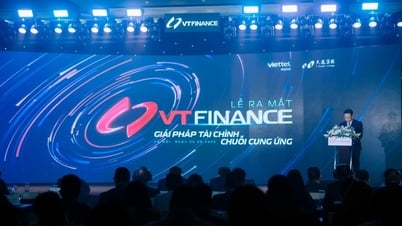







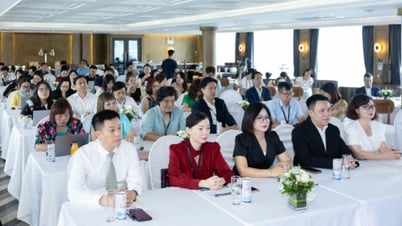


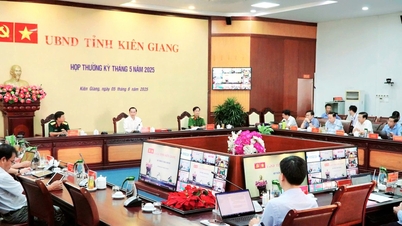
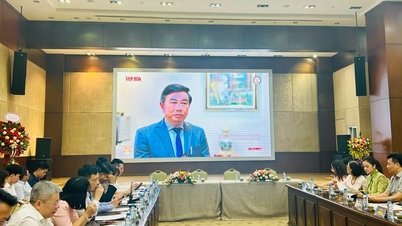













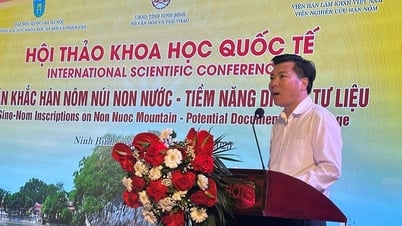





















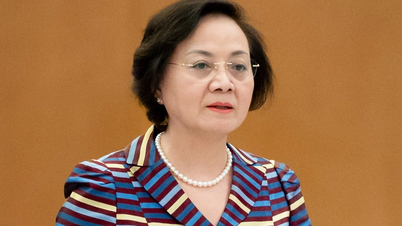

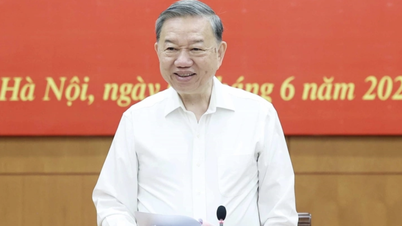































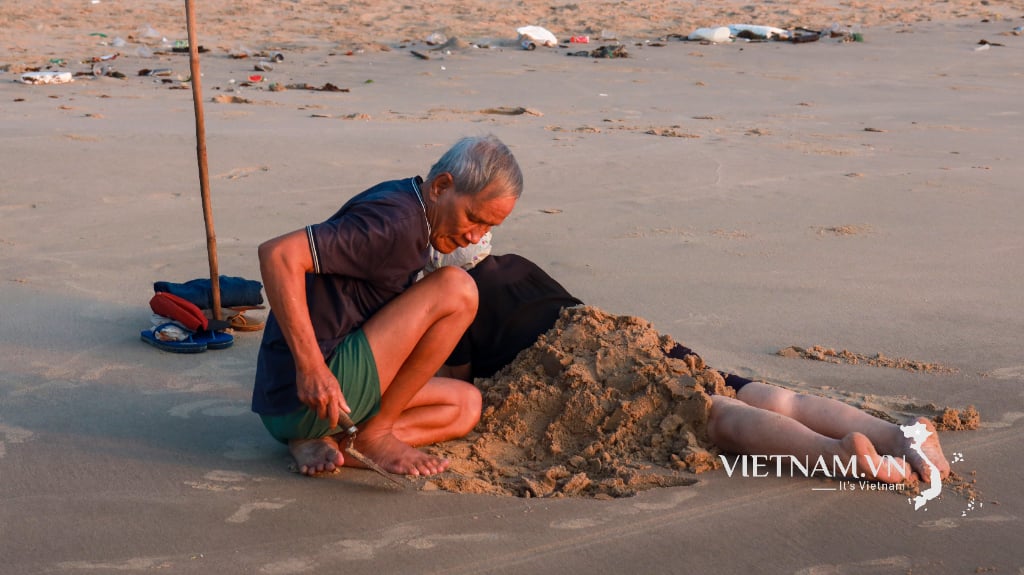
Comment (0)